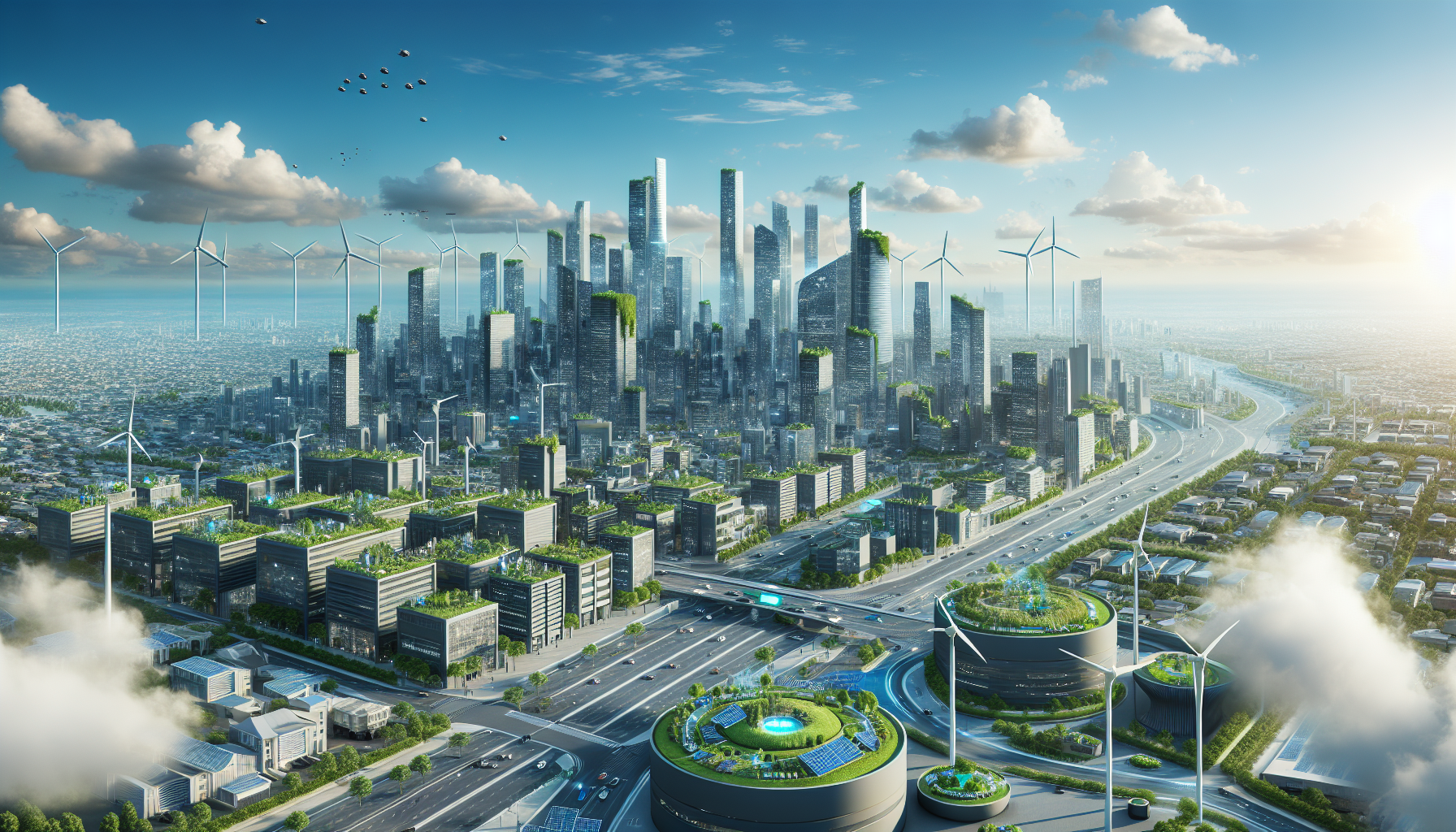Building Sustainable Cities: The Role of AI in Urban Automation and Smart City Solutions
With urban populations increasing rapidly, the need for cities to become more efficient, sustainable, and livable has never been greater. Artificial intelligence (AI) has emerged as a critical driver for transforming urban centers into smart cities, enabling urban automation and improving the quality of life for city dwellers. Here we explore the role of AI in shaping these future cities.
Understanding Urban Automation and Smart City Solutions
What are Smart Cities?
Smart cities leverage digital technology and AI to improve urban services, manage resources efficiently, and enhance citizen welfare. Key components typically include:
- Smart energy management systems
- Intelligent transportation systems
- Advanced waste management
- Smart grid technology
- AI-driven public safety and health services
Role of AI in Urban Automation
AI serves as the backbone of modern urban automation by providing real-time data analysis, predictive analytics, and decision-making support. Here are several important applications:
- Traffic and Transportation: AI algorithms optimize traffic flow, reduce congestion, and improve public transport scheduling.
- Energy Usage: AI systems manage energy consumption by predicting peak hours and distributing power accordingly.
- Waste Management: AI helps in routing waste collection vehicles efficiently and managing recycling processes.
- Urban Planning: AI tools simulate urban development scenarios to help planners make better-informed decisions about land use and infrastructure.
Case Studies: AI in Action
Managing Traffic in Real-Time
Cities like Singapore and Los Angeles use AI-powered traffic management systems that continuously monitor and respond to road conditions, reducing travel times and emissions.
# Example Python code to simulate AI traffic predictions
import numpy as np
# Simulated traffic data
traffic_data = np.random.randint(0, 100, size=(10,)) # Random traffic volumes
# AI model prediction
def predict_traffic(data):
# This simple model could be a placeholder for a more complex AI traffic model
return np.mean(data) > 50
# Prediction outcome
busy = predict_traffic(traffic_data)
print("High Traffic" if busy else "Low Traffic")
Energy Management Enhancement
In cities like Amsterdam, AI-driven smart grids help optimize energy production, storage, and consumption, making energy use more sustainable.
The Future of Smart Cities with AI
As AI technology evolves, its potential to transform urban environments continues to grow. Future advances might include autonomously operated public services, AI for more personalized health care, and further advancements in sustainable urban farming.
Conclusion
AI not only makes cities smarter but also ensures they are sustainable and adaptable to the needs of their growing populations. As we continue to develop and integrate AI solutions, the vision of self-regulating, efficient, and sustainable urban environments becomes increasingly achievable, promising a better urban future for all.




